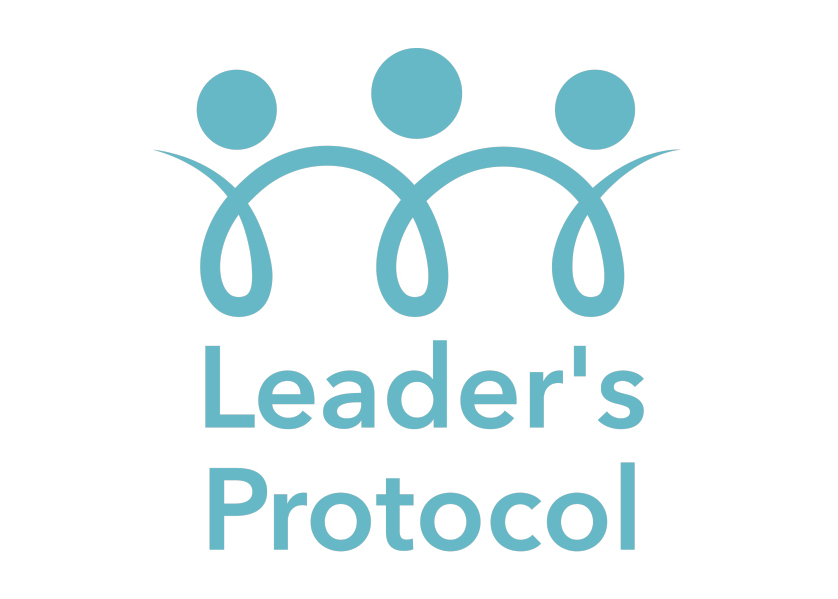Managing Conflict: Turn Disagreements into Opportunities
Organisations are always making decisions and changing, and with that often comes conflict. Rather than viewing this as an obstacle, consider it an opportunity. By applying skilled conflict management, leaders can transform disagreements into occasions for growth and innovation. This blog post unpacks strategies for effective conflict resolution, referencing a range of esteemed articles, podcasts, books, and case studies.
Conflict in a New Light
Conflict in the workplace, often seen as a hurdle, is a natural result of individuals with diverse perspectives collaborating together. When managed properly, it can stimulate creativity, improve decision-making, and foster deeper relationships. Kenneth Thomas and Ralph Kilmann’s Thomas-Kilmann Conflict Mode Instrument provides a valuable framework for understanding different approaches to conflict resolution.
A Trust-Based Approach
Trust forms the bedrock of conflict resolution. Leaders who have built trust within their teams are better positioned to facilitate open dialogue and navigate disagreements. Stephen M.R. Covey’s The Speed of Trust underscores the role of trust in conflict management and overall organisational performance. Lencioni’s Five Dysfunctions of a Team – a great fable and easy read is based on trust leading to healthy conflict as probably the key way to move an organisation forward.
Mastering Active Listening
Effective conflict management calls for superb listening skills. The act of listening attentively not only helps understand different perspectives but also validates the other person’s feelings. HBR’s article “Listening to People” elaborates on the transformative potential of active listening in leadership roles, including conflict resolution.
Embracing Emotional Intelligence
Leaders who excel in conflict management often possess a high degree of emotional intelligence. This capability allows them to regulate their own emotions and empathize with others, facilitating a balanced and respectful dialogue. Daniel Goleman’s book Emotional Intelligence: Why It Can Matter More Than IQ provides a deeper understanding of this critical leadership skill.
The Power of Constructive Feedback
The ability to provide and receive constructive feedback is central to managing conflict. Encouraging a culture of open feedback can help mitigate disagreements before they escalate. Sheila Heen and Douglas Stone’s Thanks for the Feedback provides insights into leveraging feedback for conflict resolution.
Fostering a Growth Mindset
A growth mindset, as conceptualised by psychologist Carol Dweck, can be instrumental in turning disagreements into opportunities. Leaders who foster this mindset encourage their teams to view conflict as a chance for learning and innovation rather than a hindrance.
Conflict, while seemingly daunting, can be a catalyst for growth and innovation when managed effectively. By nurturing trust, mastering active listening, embracing emotional intelligence, encouraging constructive feedback, and fostering a growth mindset, leaders can turn disagreements into opportunities. By focusing on the topic and not the person, being respectful, curious, and positive, conflict is as useful a tool as any other in any team. After a discussion loaded with conflict, the ability “Disagree and commit”, to move forward with humour, trust intact is an immensely powerful trait to develop.
Remember, conflict is not an enemy of progress but rather a companion. By harnessing its transformative potential, leaders can shape an organisation where disagreements fuel growth, creativity, and cohesion.
Wamt more? I’d recommend …
Book: “The Anatomy of Peace” by The Arminger institute. Told as a story, this is great little read
Article: “How to Handle Conflict in the Workplace” by MindTools
Video: “Conflict Resolution” TEDx Talk by Daniel Shapiro
Podcast: “Negotiate Anything” by Kwame Christian



